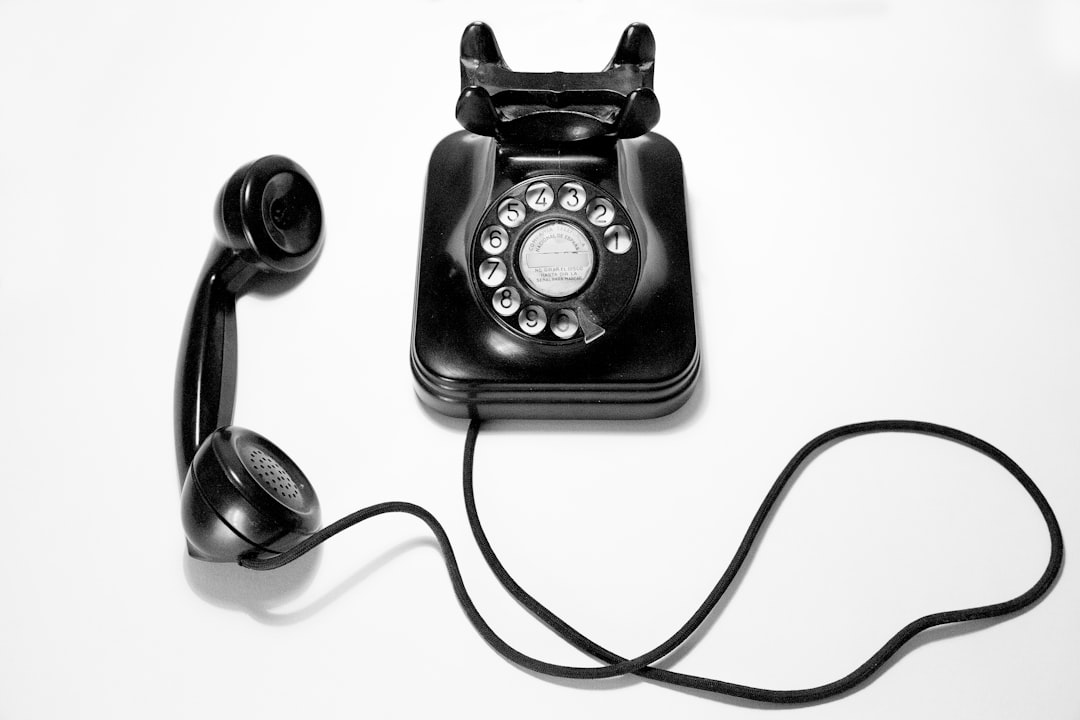In Alabama, including Huntsville, robocalls are regulated by strict state laws and the Telephone Consumer Protection Act (TCPA). You can take legal action if calls are unsolicited, use misleading numbers, or violate do-not-call lists. Understanding your rights under these laws is crucial when considering whether to sue for robocall harassment in Alabama.
In Huntsville, Alabama, the rise of robocalls has sparked concern among residents. This article navigates the legal framework surrounding these automated phone calls, offering insights into their definition under Alabama law and exploring whether making or receiving them without consent is illegal. We delve into the rights available to those suffering from robocall harassment, including the potential for legal action in Alabama. Understanding your options is crucial when it comes to protecting against unwanted calls.
Legal Definition of Robocalls in Alabama

In Alabama, including Huntsville, a robocall is legally defined as an automated or pre-recorded telephone call that delivers a message to multiple recipients. These calls are often used for marketing purposes but can be a nuisance and even illegal under certain circumstances. The Can I Sue For Robocalls in Alabama question is a common one due to the prevalence of unwanted calls.
According to state laws, robocalls must comply with specific regulations to protect consumers. Alabama allows individuals to take legal action if they receive robocalls that are considered harassing or unlawful. This includes calls made without explicit consent, using misleading numbers, or violating do-not-call lists. If you’re considering taking legal action for robocalls in Huntsville, understanding these laws and your rights is crucial.
Are Robocalls Illegal Without Consent?

In the state of Alabama, including Huntsville, robocalls are subject to specific legal regulations, particularly concerning consent. While automated phone calls for marketing purposes are not inherently illegal, they must adhere to strict guidelines to respect consumer privacy and avoid causing nuisance. According to the Telephone Consumer Protection Act (TCPA), it is generally illegal for businesses or individuals to make automated calls without prior express consent from the recipient. This means that if you have not given explicit permission for a company to contact you using robocall technology, such calls could be considered unlawful.
If you believe you’ve received unwanted robocalls in Alabama, you may have legal recourse. The TCPA allows individuals to sue for damages, including monetary compensation for each violation. This makes it possible for Huntsville residents to take legal action against companies or callers who persistently make automated calls without consent. If you’re considering taking this step, consult with a local attorney specializing in consumer protection laws and the TCPA to understand your rights and potential avenues for resolution, especially when pursuing claims related to robocalls in Alabama.
Suing for Robocall Harassment: Your Rights and Steps

If you’re experiencing persistent or harassing robocalls in Huntsville, Alabama, knowing your legal rights and options is crucial. While blocking numbers can offer temporary relief, suing for robocall harassment may be a necessary step to stop the inundation of unwanted calls.
In Alabama, there are laws in place to protect consumers from deceptive telephone solicitations, including robocalls. The Telephone Consumer Protection Act (TCPA) allows individuals to sue for damages if they’ve received automated or prerecorded calls without prior consent. If you can demonstrate that the calls caused you harm or invaded your privacy, you may be entitled to compensation. To initiate legal action, start by gathering evidence, such as call logs and recordings, document any negative impact on your life due to the robocalls, and consult with an attorney experienced in consumer protection law who can guide you through the process and help you understand your rights under Alabama’s anti-robocall legislation.






